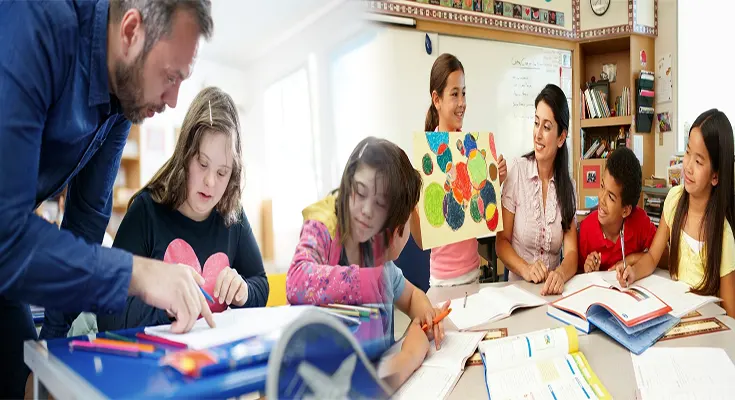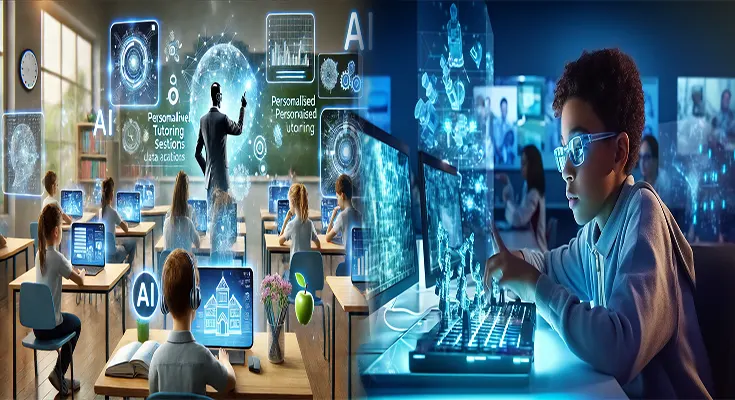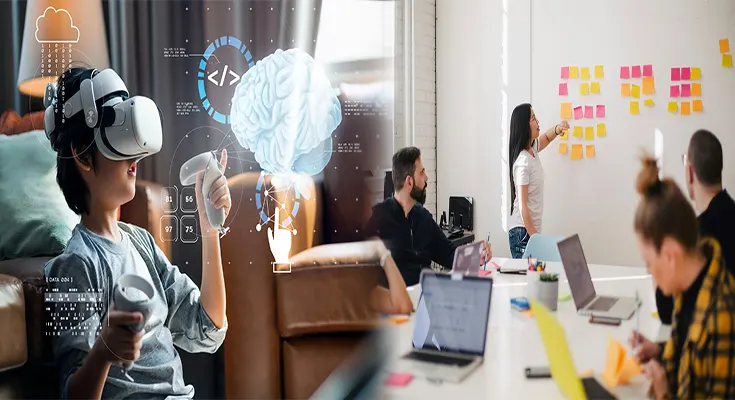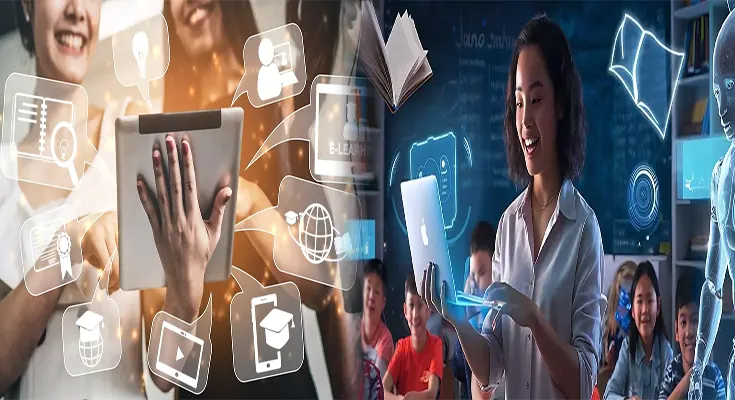
Navigating the Challenges Faced by Special Education Teachers Today
Special education teachers play a crucial role in supporting students with diverse learning needs and abilities. While their dedication and passion for helping every child succeed are commendable, they also face a unique set of challenges in today’s educational landscape. Let’s delve into some of the key obstacles that special education teachers encounter in their noble pursuit of providing quality education to students with special needs:
Lack of Resources:
One of the most significant challenges faced by special education teachers is the shortage of resources. From specialized educational materials to assistive technologies, many teachers struggle to access the tools and resources necessary to effectively support their students. Limited funding and budget constraints further exacerbate this issue, making it challenging to create inclusive and accommodating learning environments.
Increasing Workload:
Special education teachers often find themselves juggling multiple responsibilities and roles, from individualized lesson planning to conducting assessments and collaborating with other …
Navigating the Challenges Faced by Special Education Teachers Today Read More




